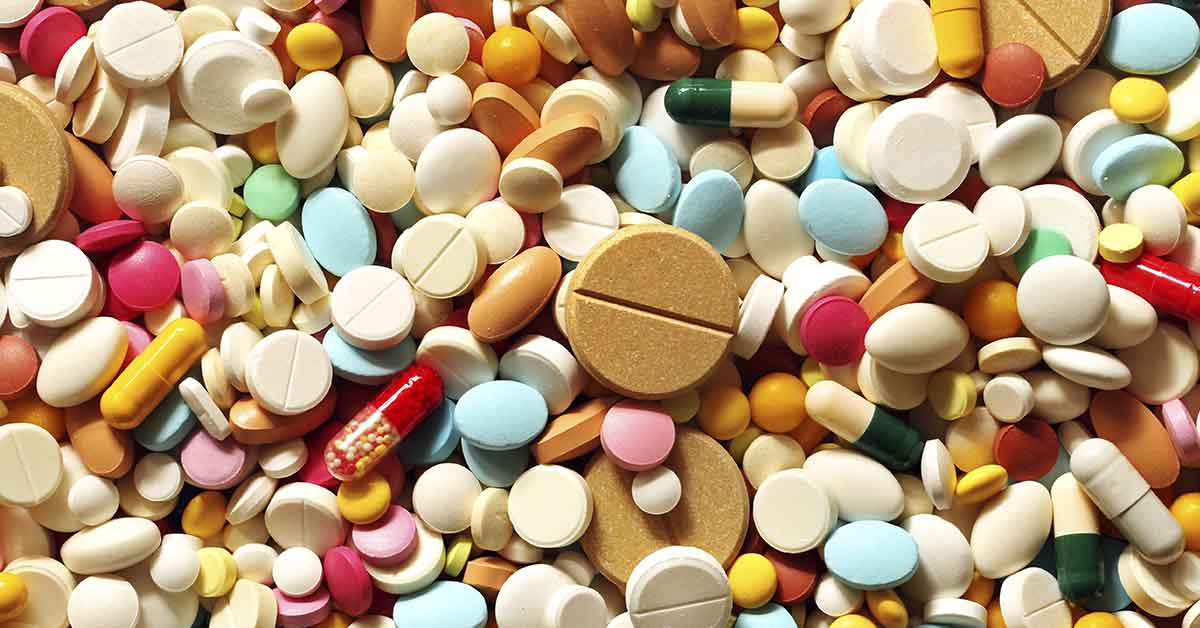Medications play a crucial role in managing various health conditions, alleviating symptoms, and promoting overall well-being. However, it is essential to be aware that certain medications, when taken too often, incorrectly, or in excess, can potentially harm your kidneys. These are the medications to be careful with and why.
The Role of the Kidneys and Medications
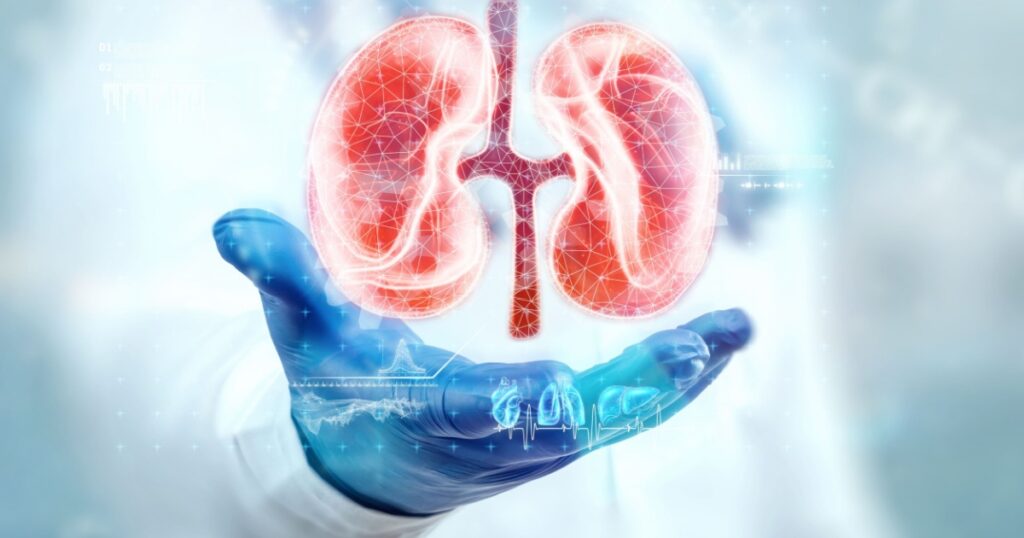
The kidneys are two bean-shaped organs located on either side of the spine, just below the ribcage. They are responsible for filtering waste products and toxins from the blood, as well as maintaining the balance of electrolytes in your body. When you take a medication, it is absorbed into your bloodstream and eventually passes through your kidneys. If there is too much of a certain substance in your blood, such as sodium or potassium, your kidneys will work harder to remove it from your body. This can lead to kidney damage over time if not properly managed. (1)
Read More: How Kidneys, Skin, and Brain Change Every Time You Put On Makeup
6 Medications that May Be Harmful To Your Kidneys
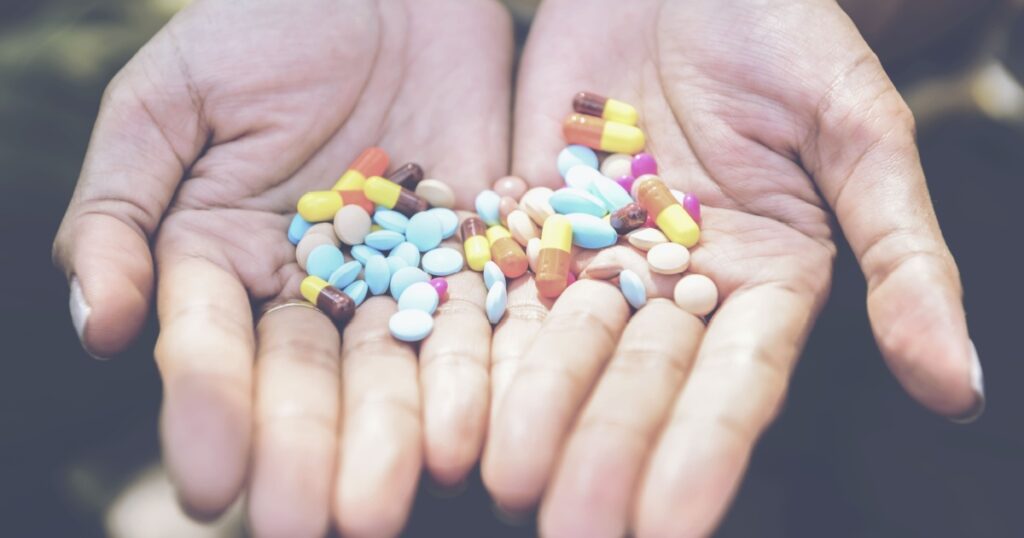
Medications do have a time and a place. That being said, we have become a society that so quickly turns to them that we have forgotten that they aren’t always necessary. On top of this, our reliance on medications for every ache, pain, stuffy nose, and so on puts a heavy load on our kidneys. These are the medications that can be potentially harmful to this vital organ.
1. Nonsteroidal Anti-Inflammatory Drugs (NSAIDs)
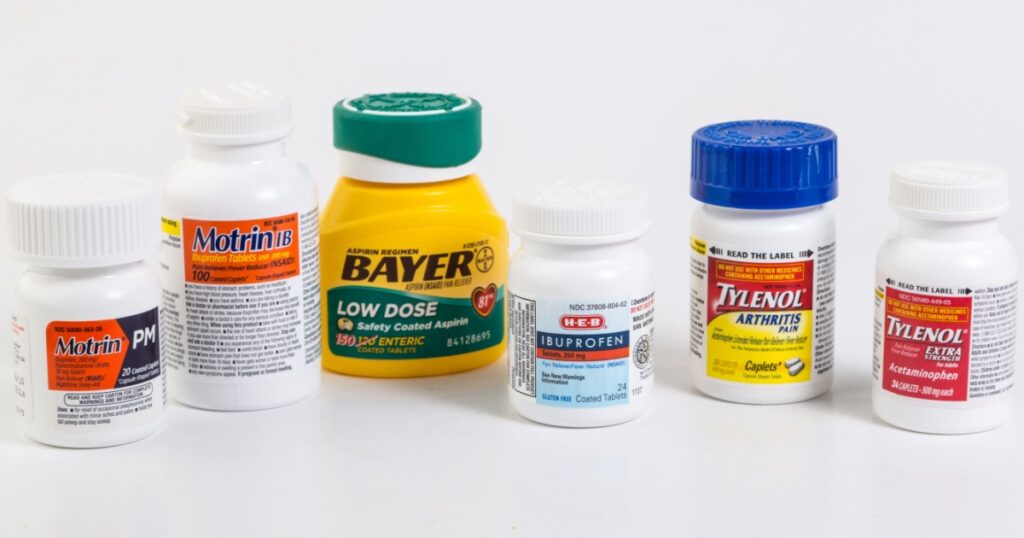
Nonsteroidal anti-inflammatory drugs (NSAIDs) are commonly used to alleviate pain, reduce inflammation, and lower fever. These are drugs like Ibuprofen (Advil), aspirin, naproxen, and so on. However, prolonged or excessive use of NSAIDs can lead to kidney damage. These medications constrict blood vessels in the kidneys, disrupting the normal blood flow and impairing kidney function. It is crucial to follow the recommended dosage and duration of NSAID use to avoid potential kidney damage. (2)
2. Antibiotics
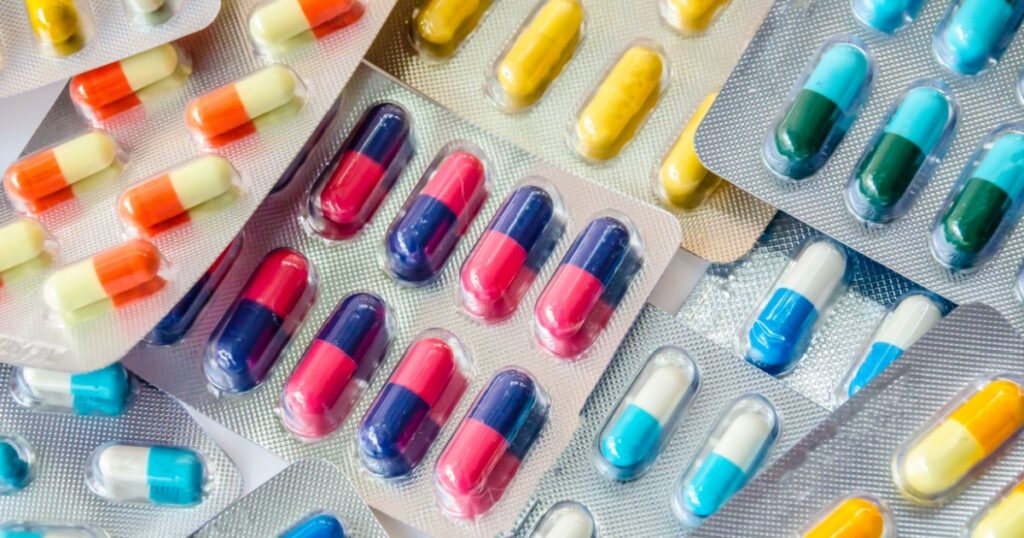
While antibiotics are necessary for treating bacterial infections and preventing complications, some antibiotics can potentially harm your kidneys. A group of antibiotics called aminoglycosides, commonly used to treat severe infections, can cause kidney damage when used for an extended period or at high doses. Consult with your healthcare provider to ensure proper monitoring and appropriate dosage adjustments if you are prescribed antibiotics. (3)
3. ACE Inhibitors
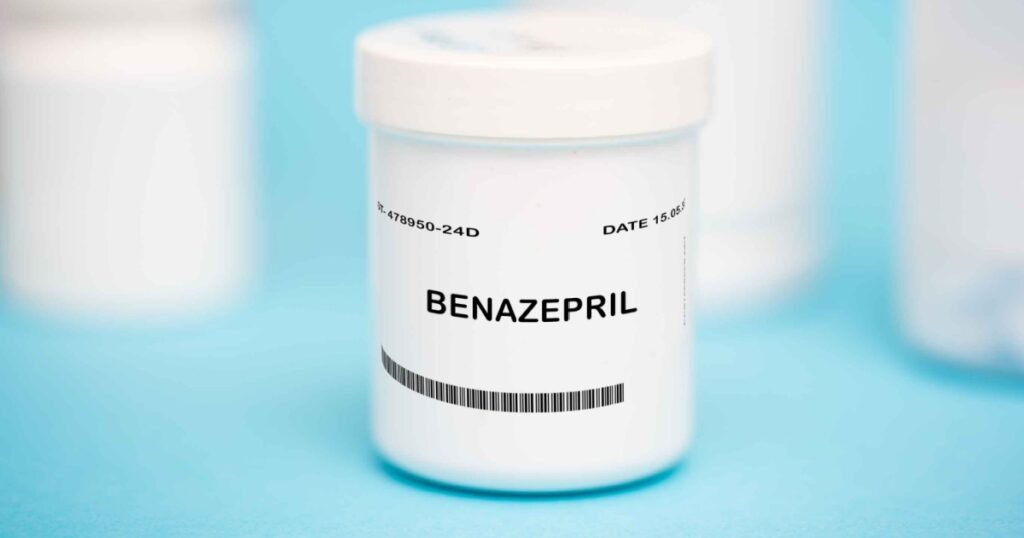
Angiotensin-converting enzyme (ACE) inhibitors are primarily used to treat high blood pressure (hypertension) and heart failure. However, these medications can decrease blood flow to the kidneys, leading to kidney damage, especially in individuals with pre-existing kidney conditions or renal artery stenosis. While the National Kidney Foundation is clear that this is unlikely with ACE inhibitors on their own, when combined with other common medications, such as over-the-counter pain medications, the risk goes up significantly. Regular monitoring of kidney function and adjusting the dosage may be necessary for individuals taking ACE inhibitors. (4)
Read More: If Your Kidneys Are in Danger, the Body Will Show these 10 Signs
4. Proton Pump Inhibitors (PPIs)
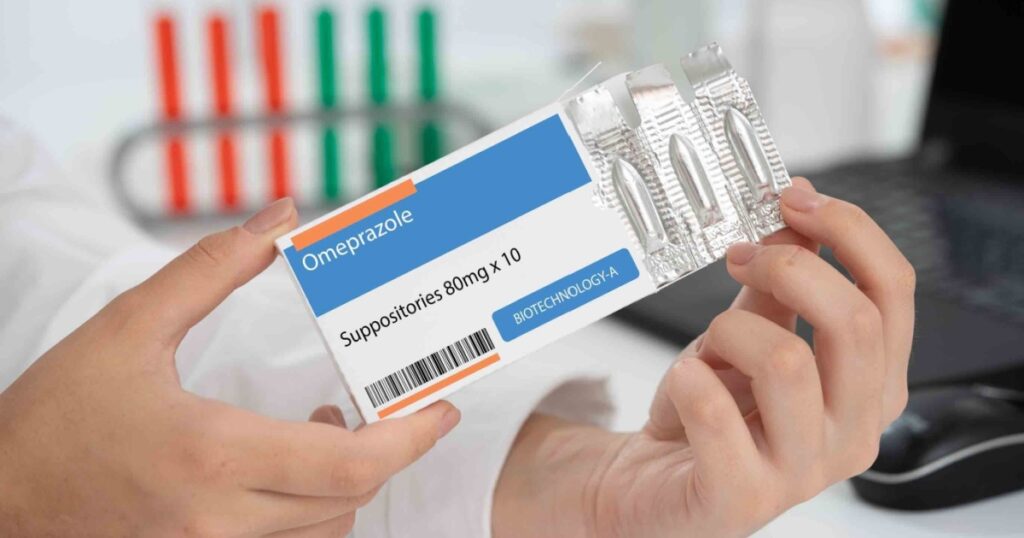
Proton pump inhibitors (PPIs) are commonly prescribed to manage conditions such as gastroesophageal reflux disease (GERD) and ulcers by reducing the production of stomach acid. Long-term use of PPIs can increase the risk of kidney damage, as they can interfere with kidney function and promote the development of chronic kidney disease (CKD). Discuss with your healthcare provider about the appropriate duration of PPI use and consider alternative treatments if necessary. (5)
5. Diuretics
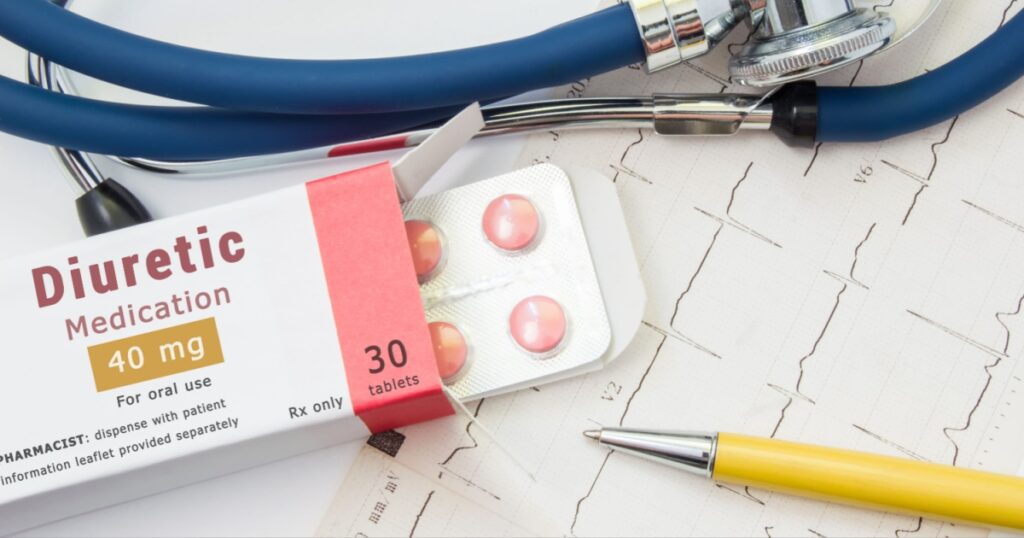
Diuretics, commonly known as water pills, are prescribed to treat conditions such as high blood pressure, heart failure, and edema by increasing urine production to remove excess fluid from the body. However, diuretics can disrupt the normal balance of electrolytes and fluid levels in the body, leading to dehydration and potentially affecting kidney function. Regular monitoring and appropriate dosage adjustments are vital when using diuretics to minimize the risk of kidney damage. (6)
6. Herbal Supplements
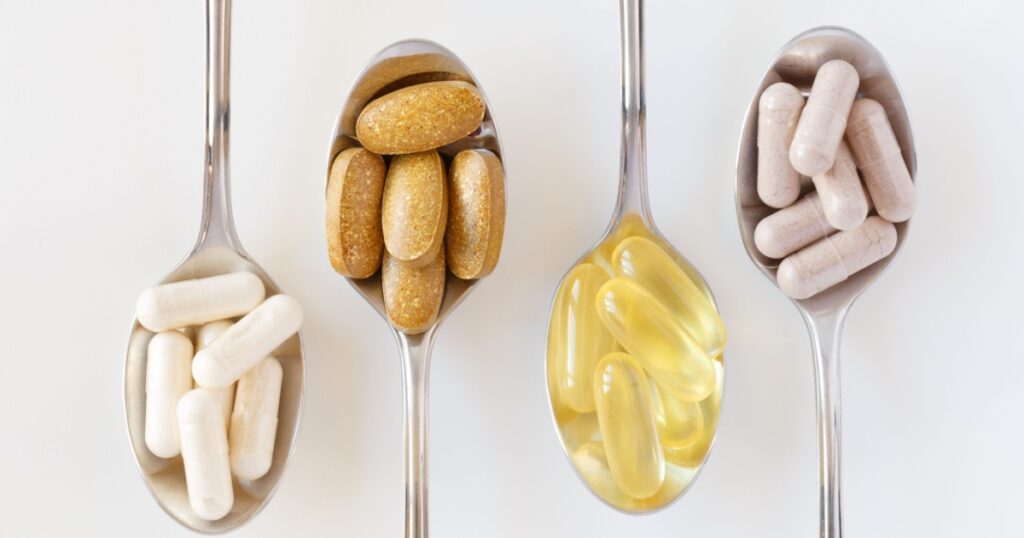
Many people assume that herbal supplements are 100% safe because they are natural. However, this is not always the case. Herbal supplements can interact with other medications and cause serious side effects. For example, St. John’s wort has been shown to reduce the effectiveness of several drugs including birth control pills, heart medications, and some antidepressants. What’s more, they don’t go through the same regulatory testing that conventional medications go through. This means that the safety and effectiveness of herbal supplements are not always known. In fact, some studies have found that many herbal products contain contaminants or other substances that are not listed on the label. If you are considering an herbal supplement, do your research on the company and check with your doctor first. (7)
Read More: 10 Medications Linked to Dementia
How to know when to take medications or rely on natural solutions
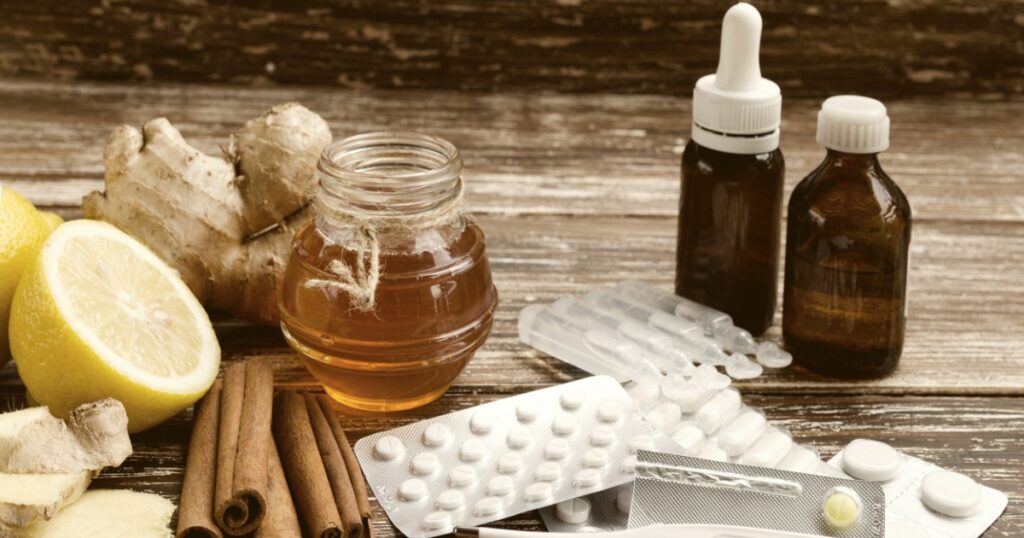
While medications are sometimes necessary for managing medical conditions, there are instances when natural solutions can be considered. It is important to have open communication with your healthcare provider to determine the most appropriate treatment plan for your specific situation. In some cases, lifestyle modifications, such as dietary changes, proper hydration, exercise, stress reduction, and alternative therapies like acupuncture may help to alleviate symptoms and reduce the need for medications. However, it is crucial to consult with a healthcare professional before making any significant changes to your treatment regimen.
The Bottom Line
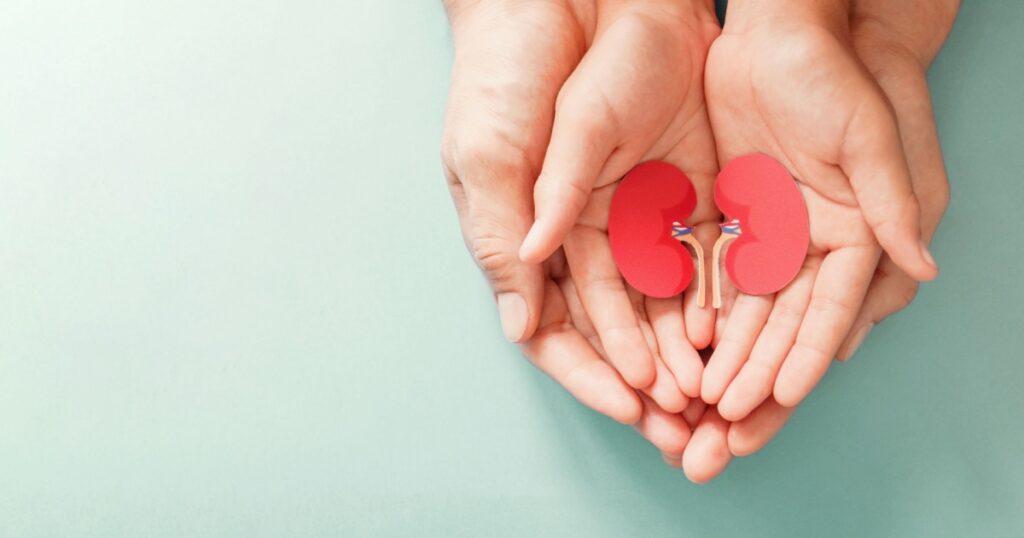
While medications are essential for managing various health conditions, it is vital to be aware of their potential harm to the kidneys. Nonsteroidal anti-inflammatory drugs, antibiotics, ACE inhibitors, proton pump inhibitors, diuretics, and over-the-counter pain medications are among the medications that can potentially harm your kidneys if not used properly. Maintaining open communication with your healthcare provider, following recommended dosages and durations, and considering alternative solutions when appropriate can help mitigate the risk of kidney damage and promote better kidney health. Remember, your kidneys play a crucial role in your overall well being, so taking precautions to safeguard their health is of utmost importance.
Read More: 7 early warning signs that cancer is growing inside your kidneys
Sources
- “Your Kidneys & How They Work.” NIH
- “NSAIDs: Acute kidney injury.” Up to Date
- “The Risk and Clinical Implications of Antibiotic-Associated Acute Kidney Injury: A Review of the Clinical Data for Agents with Signals from the Food and Drug Administration’s Adverse Event Reporting System (FAERS) Database.” NCBI. Kalin M. Clifford, Ashley R. Selby, Kelly R. Reveles, Chengwen Teng, Ronald G. Hall, Jamie McCarrell and Carlos A. Alvarez. October 11, 2022.
- “Angiotensin-converting enzyme (ACE) inhibitors & angiotensin receptor blockers (ARBs).” National Kidney Foundation.
- “Proton Pump Inhibitors and Risk of Chronic Kidney Disease: Evidence from Observational Studies.” NCBI. Chieh-Chen Wu, et al. march 15, 2023.
- “Diuretics in Acute Kidney Injury.” NCBI. Ashit Hegde. April 2020.
- “Herbal Supplements and Kidney Disease.” National Kidney Foundation
